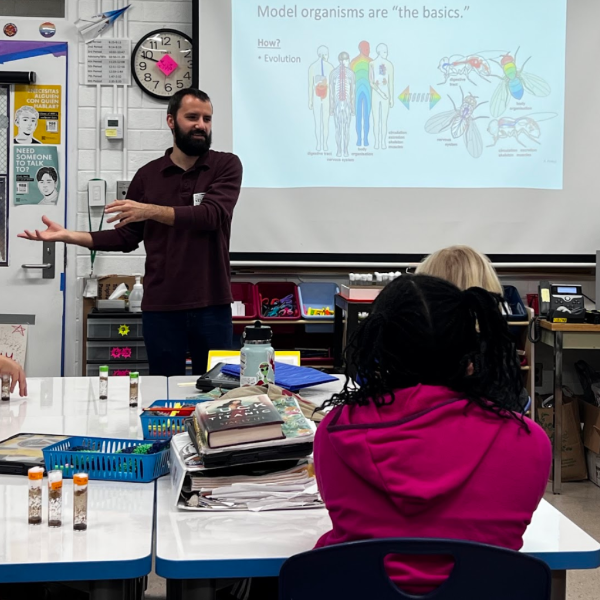Through a new NSF Engines award, Carolina and nine partners will develop a plan for a 42-county Agricultural Tech Innovation Corridor, boosting innovation and access for underserved agricultural communities across North Carolina.
Agriculture is a cornerstone of North Carolina’s economy and provides a livelihood for a significant portion of its population. But most of the research and technological innovations that could benefit and grow the $103 billion industry are housed within companies and universities in more urban areas of the state.
The project, called the Climate-Responsive Opportunities in Plant Science (CROPS) initiative, includes researchers from Carolina, North Carolina Agricultural and Technical State University, Duke University, East Carolina University, North Carolina State University, and Wake Forest University. It also incorporates specialists and county agents from the N.C. Cooperative Extension Service, industry leader N.C. Biotechnology Center, the non-profit research institute RTI International, and the North Carolina Community College System.
“Through this broad collaboration, we will supercharge our agriculture sector by leveraging the unique strengths of our partners and sparking innovation that benefits the entire state,” said Carolina Eminent Professor of Convergent Science Gregory Copenhaver who serves as the University’s lead on the project. “CROPS envisions a future of climate-resilient agriculture in rural North Carolina, leading to a new generation of empowered and prosperous small- and midsized farms that contribute to thriving rural communities.” READ MORE
